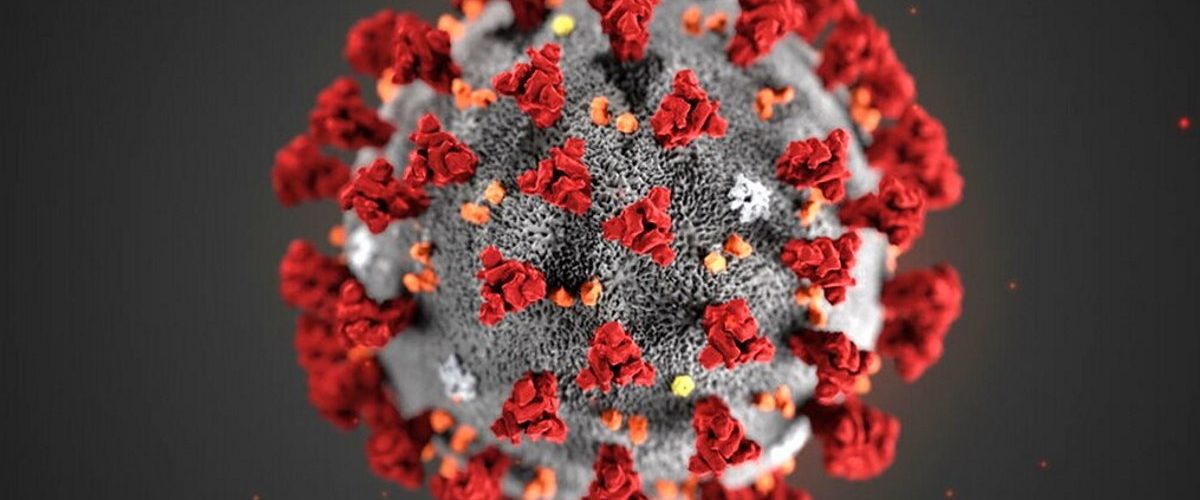The 2019 novel coronavirus disease (COVID-19) is a communicable respiratory disease caused by a new strain of coronavirus that causes illness in humans. Scientists are still learning about the disease, and think that the virus began in animals. At some point, one or more humans acquired infection from an animal, and those infected humans began transmitting infection to other humans.
The disease spreads from person to person through infected air droplets that are projected during sneezing or coughing. It can also be transmitted when humans have contact with hands or surfaces that contain the virus and touch their eyes, nose, or mouth with the contaminated hands.
COVID-19 was first reported in China, but it has now spread throughout the world.
There is currently no known vaccine or treatment for COVID-19. Infection can be prevented by observing personal hygiene practices:
- Wash your hands regularly with soap and water or alcohol-based hand rub.
- Make sure you have received all recommended vaccines.
- If the influenza vaccine is available in your community, you should try to obtain it. Influenza virus causes symptoms similar to 2019-nCoV. If you can prevent influenza infection, you can also reduce the likelihood of needing to visit a health care facility for evaluation of respiratory infection. If you develop fever, cough, and/or difficulty in breathing:
- Cover your cough or sneeze in your inner flexed arm/elbow or on a tissue paper.
- If you have mild symptoms, stay at home. Do not go to school, to work, or to other public places until you are completely free of all symptoms.
- If you have more severe symptoms (such as difficulty in breathing), cover your mouth with a mask or scarf. Go to a medical facility and immediately notify the first person you encounter (even a security guard) that you are worried that you have a respiratory infection.

